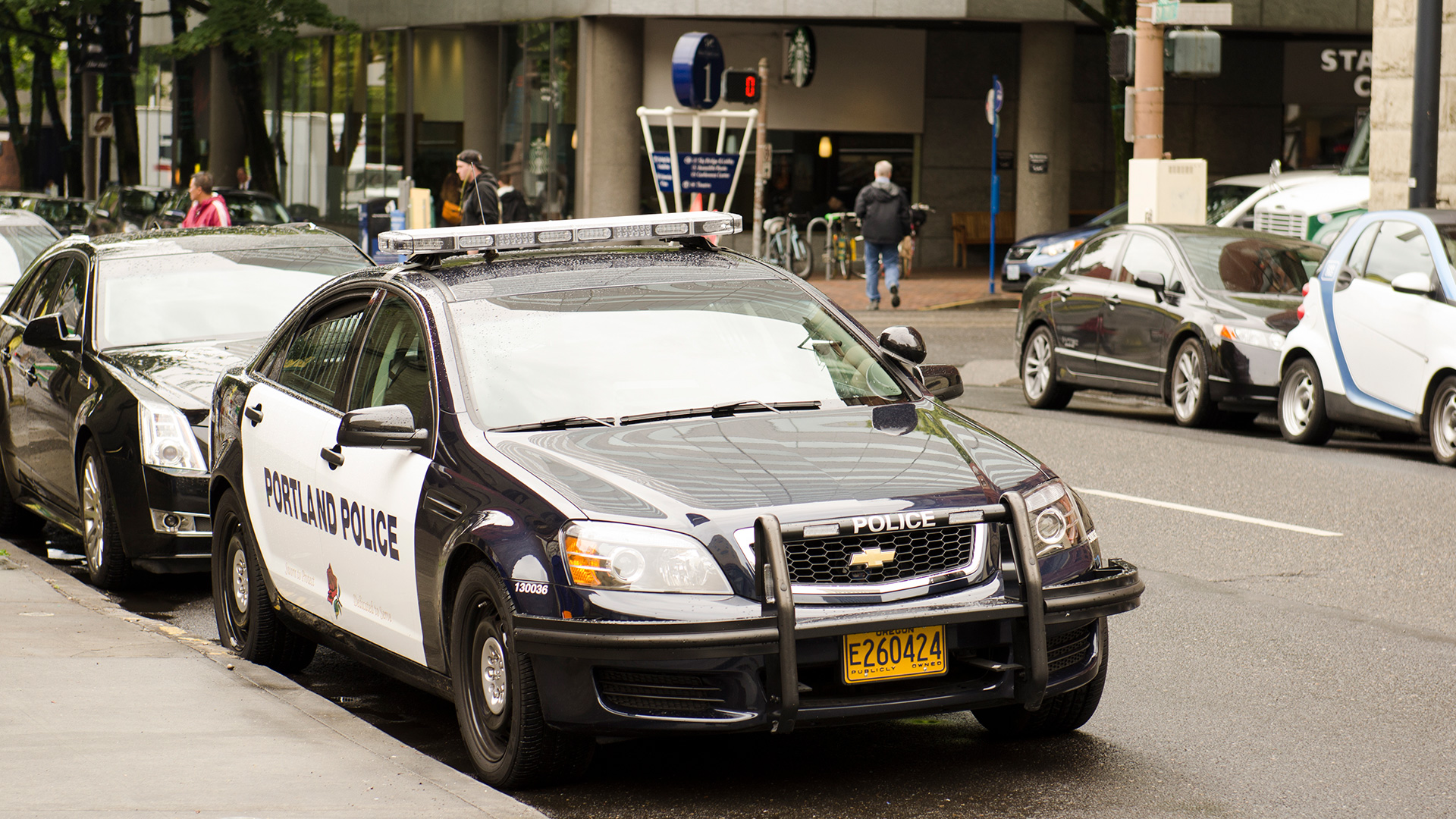
It’s been a challenging time for the Portland Police Department with the city battling the COVID-19 pandemic and a rise in violent crime.
Authorities say the difficult times could be traced back to social justice protests in the wake of the death of George Floyd.
“It’s been challenging coming in during the pandemic, but also during such a time of tumultuous activity in the city, and the cries for reform,” Portland Police Chief Chuck Lovell told CNN.
Portland City Police Commissioner Mingus Mapps agreed, saying that the city got “caught up in a racial reconciliation” last year.
“We had folks out on the streets for eight months straight, really demanding police reform. And frankly a lot of that was really good,” he said.
Along with the protests, however, came a rise in gun violence and gang-related crime.
“In the last year we have seen a stunning amount of gun violence,” Mapps said about Portland.
“Gang violence has caught fire like a wildfire. And now we are in a dysfunctional cycle of potentially revenge shootings,” he said.
Lovell said that while the city has made progress with police reforms, they are now dealing with a pushback due to a shortage of officers that is leading to an increase in crime.
Last year, Lovell wrote in the Portland Police Bureau’s Annual report that the department does not have the “ability to provide service to our community in the ways in which they continue to ask for.”
In 2021, Portland has seen 60 homicides with over 900 shootings thus far. Homicides are on pace to surpass the record for homicides in a single year.
To put it in perspective, CNN reported that homicides in the city are up 68% from 2019 and 109% over the last decade.
Lovell blames social media feuds for many of the shootings (which predominantly involve African Americans). He also blamed guns.
“We end up looking at that [social media] a lot because a lot of information gets passed there, and a lot of things get said, so that’s definitely a part of it. And other chiefs I talk to throughout the country say the same thing too. A lot of people have guns in Portland too; I think that is part of the issue as well,” Lovell said.
The department currently only dispatches 40 officers on nightly patrol – not enough to curtail the violence. Police say they received over 1,200 calls for help one weekend.
Lovell said the COVID-19 pandemic has exacerbated the staffing shortage. Since last year, the department has lost 150 officers.
“We’re still struggling with the pandemic,” Lovell said. “Staffing issues really hurt us and the level of service we can provide. Call times have gone up and things of that nature. We’ve seen a lot of officers leave in the last year. When you cobble all those things together it makes for a really tough environment.”
Despite being roughly 300 officers short according to Mapps, the department is pooling their resources to deal with homicides by creating an “Enhanced Community Safety Team” (ECST), whose role is to respond solely to shootings.
The department has also increased the size of their homicide unit to try to stabilize the situation. Lovell said that getting officers to join the team has been difficult due to its dangerous nature and the fear of being called racist.
“That’s very challenging work and we’ve had trouble getting people to go do it because it’s risky right now professionally and personally too. “And I think that people are a little weary to come back to that work because when we’ve done it here before people have labeled them like, ‘oh that team’s racist’ or ‘they’re doing too many stops of black people’ or things of that nature, and I think that’s been really difficult for the officers,” Lovell explained.
Roy Moore with the Portland Opportunities Industrialization Center, a non-profit that secures grants for social services, said the situation was dire.
“Our communities are hurting. You know our kids are dying. Our men are dying…when I talk to these kids, I try to explain to them that one day those ideologies will change. One day you value life, and you will appreciate taking this breath right instead of living for the moment. And, you know, being the hardest cat on the block don’t really mean that much when you’re 40 years old. We’re fighting two pandemics.”





